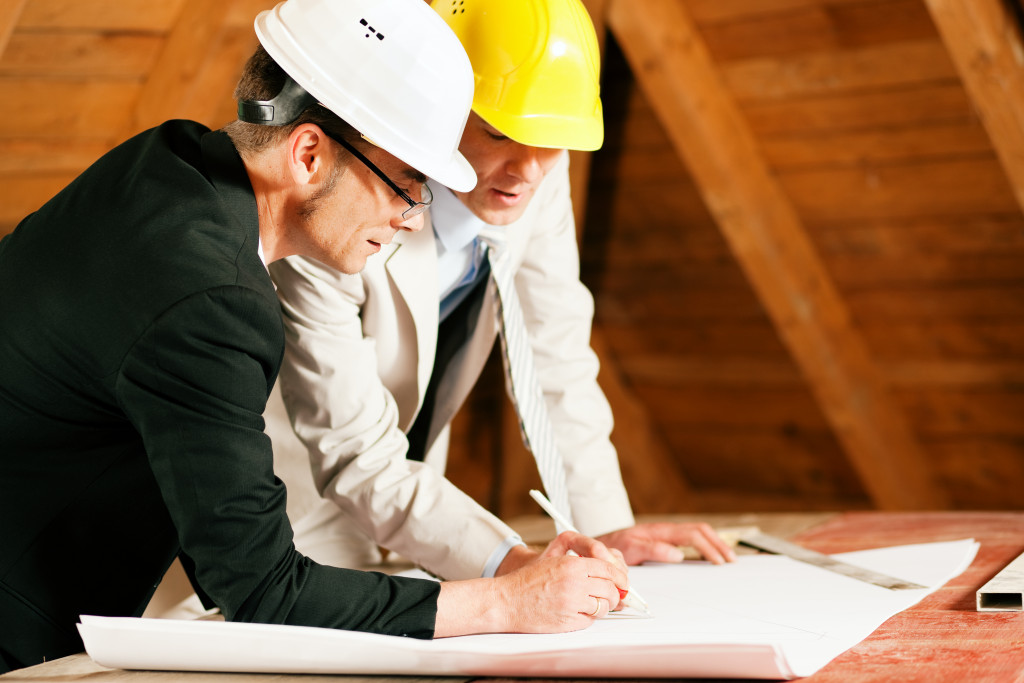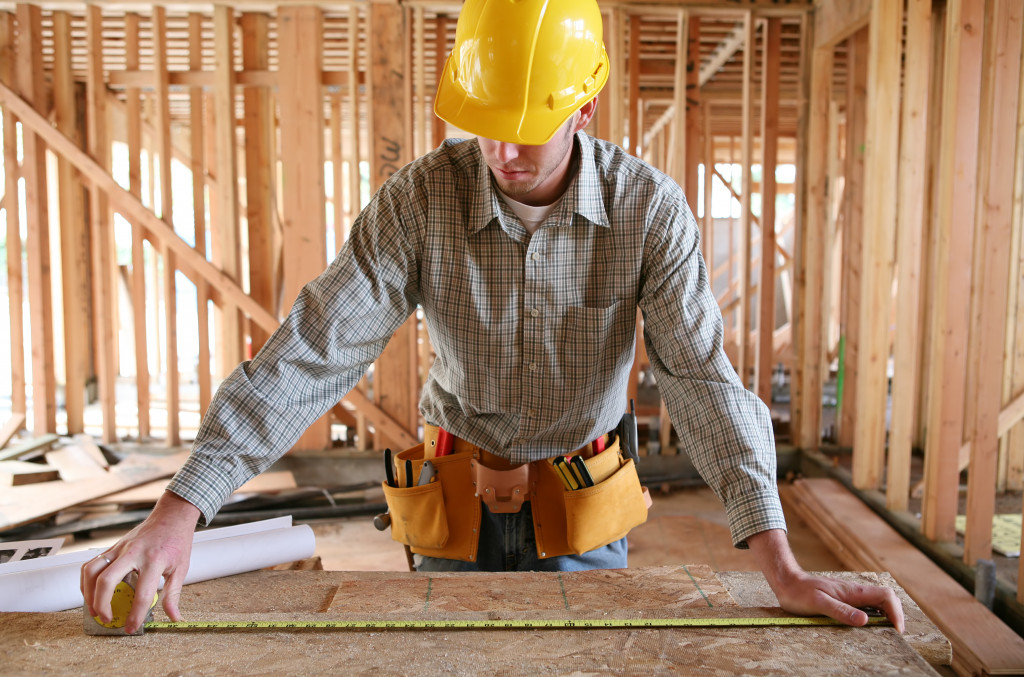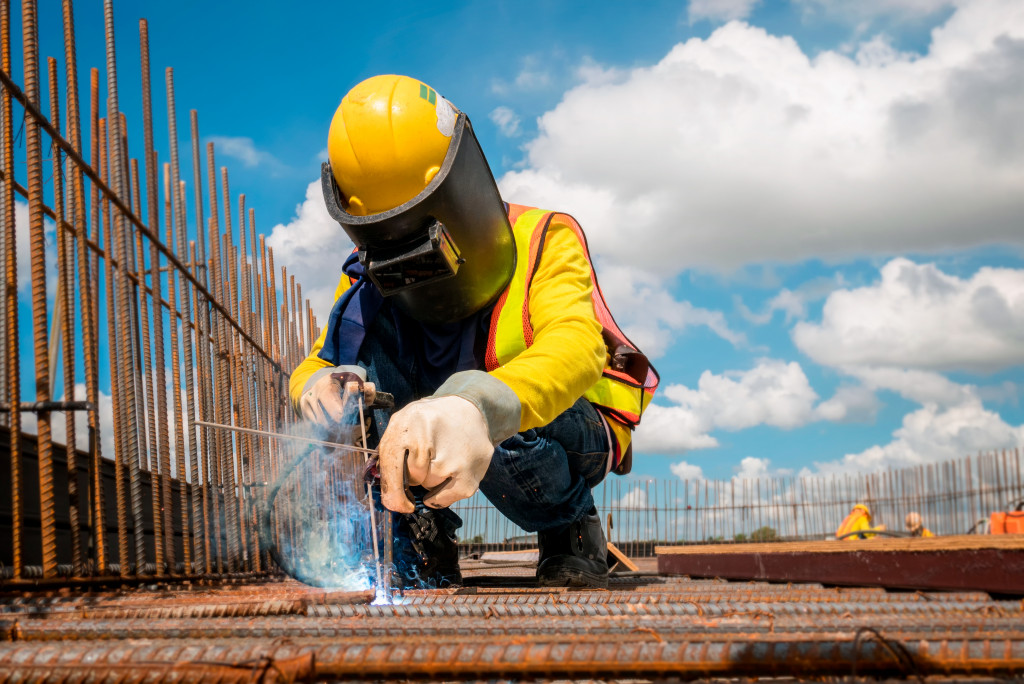For any development, a specific set of rules apply. If you are a builder into public projects, you need to read this. Additionally, if you plan to build your own house with the help of contractors and labor, this guide will come in handy. Most people who take the second route often find a consultant’s helpful assistance. However, knowing about the legalities can lessen your stress in the long run.
If there aren’t any laws governing the real estate sector, there will be anarchy, encroachment, and sub-standard construction. It is detrimental to society, as accidents can happen at any time. Apart from creativity, these will help you carry out the building without legal hassles.
Here is the guide that will talk about some common construction legalities.
Zoning
Zoning is a law that dictates how you can utilize a particular land. For your information, land can be used for various purposes. There is agricultural land, commercial land, private land, government land, etc. You need to talk to your zonal office to find out the type of land you will use and for what purpose. Additionally, the authorities will tell you any restrictions on that said land. You should not confuse this with a building permit.
Lot Approval
This comes second. Just because you own a piece of land does not mean that you can do anything with it. Your building site has to be approved by local authorities. If there is already an existing structure on the land, you just cannot bring it down and start another. Additionally, you need to get the parcel map and APN to start building. The county courthouse holds all the relevant information. Therefore, you should head there before starting anything substantial. The tax assessor may also be able to help you out.

Permits
This is another important legality that none can ignore. A building permit is the first thing that will cross your mind. So you need to be ready with your plans and submit them to the local code office before starting construction. The various inclusions are measurements, floor plans, and elevation. A contractor often gets the permit for you. If you are a resident citizen wanting to build a house of your own, you might want to partner with one. Apart from the building permit, you need to get a construction stormwater general permit.
Rainwater runoff from construction sites has been known to damage the gardens, parks, and public utility spaces around a project. Moreover, it may also contain harmful chemicals and debris that damage the ecosystem. It can also affect aquatic life in the vicinity. If you are applying for a permit under this regulation, you should make plans for the same. As a commercial or residential builder, you need to implement measures to prevent leaching and soil erosion.
Additionally, you may have to make provisions for harvesting the runoff. Once you install the components to facilitate the above, you have to submit the proof for the same. A surveyor will visit the site and then approve your permit. Apart from the above two, you may need to apply for multiple licenses for plumbing systems, sprinkler systems, etc.
Building Codes
The zoning system verifies land usage, and the building code points towards the physical infrastructure of the place. These are covered under the International Building Codes. These codes revolve around fire safety and plumbing, to name a few. Electricity also comes under its purview. Your building engineer will make sure to get all of this information for the safe construction of your project. Additionally, you can even search for them online.
Acts and Ordinances
If you are not building your dream structure according to the related acts and ordinances, your structure may be deemed illegal. It is your duty to ensure that you meet all the compliance. Your land may meet the zoning requirements, but there may be an act or covenants stopping you from building it till a certain height. Such restrictions mostly apply to places near the airfield or the runway. You can find all this information at the mayor’s office or the town hall. If you are building a home in a Homeowner’s Association, you must comply with the respective community rules. Get a copy of the covenants from the local assessor’s office.
You do not need to record such by-laws publicly, but you should have a copy at least. It will help you fight any litigation if there is a need.
These are the most common construction legalities that you should keep in mind. Building a home for yourself or sale is a breeze. However, this may not be inclusive. So search online or consult a legal expert.



